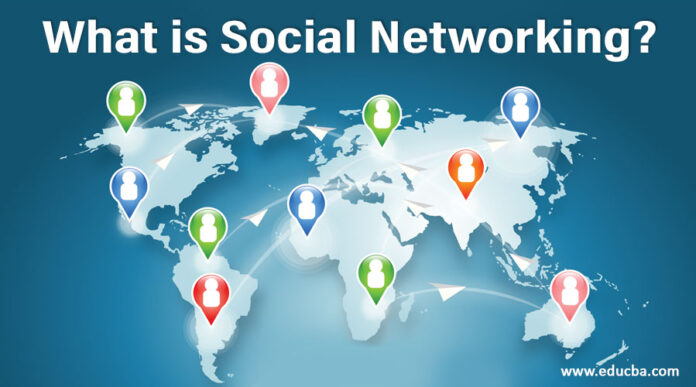Social networking is the use of web-based platforms to link people with comparable backgrounds, interests, or activities. Users of social networking sites can create profiles, share information, and chat in real time with one another regardless of where they are physically located. The most well-known social media platforms include Facebook, Twitter, LinkedIn, Instagram, Snapchat, and TikTok. By enabling people to establish and sustain relationships with relatives, friends, coworkers, and even complete strangers from around the world, social networking has transformed the way we interact.
Advantages of Social Networking:
- Enhanced Communication: Social networking sites allow users to communicate and share information with people from all over the world in real-time. This enables people to build and maintain relationships with family, friends, and colleagues.
- Networking Opportunities: Social networking sites offer a unique opportunity for individuals to connect with others in their industry, network with potential employers, and find job opportunities.
- Increased Awareness: Social networking sites provide a platform for individuals to share news, current events, and important information. This can help to increase awareness about important issues and events.
- Marketing and Promotion: Social networking sites are a powerful tool for businesses to promote their products and services. Businesses can use social media to create brand awareness, engage with customers, and drive traffic to their websites.
Disadvantages of Social Networking:
- Cyberbullying: Social networking sites can be a breeding ground for cyberbullying. This can have serious consequences for victims, including depression, anxiety, and even suicide.
- Privacy Concerns: Social networking sites require users to share personal information, which can be used for identity theft or other malicious purposes. Additionally, companies may use this information to target users with advertising.
- Addiction: Social networking sites can be addictive, and some users may find it difficult to control the amount of time they spend on these platforms. This can lead to a range of negative consequences, including poor academic performance and relationship problems.
- False Information: Social networking sites are also a breeding ground for false information and fake news. This can have serious consequences, including the spread of misinformation and the erosion of trust in institutions.
In conclusion, social networking sites have both advantages and disadvantages. While they have revolutionized the way we communicate and share information, they also present some potential risks and downsides. It is important for users to be aware of these risks and to use social networking sites responsibly.








































